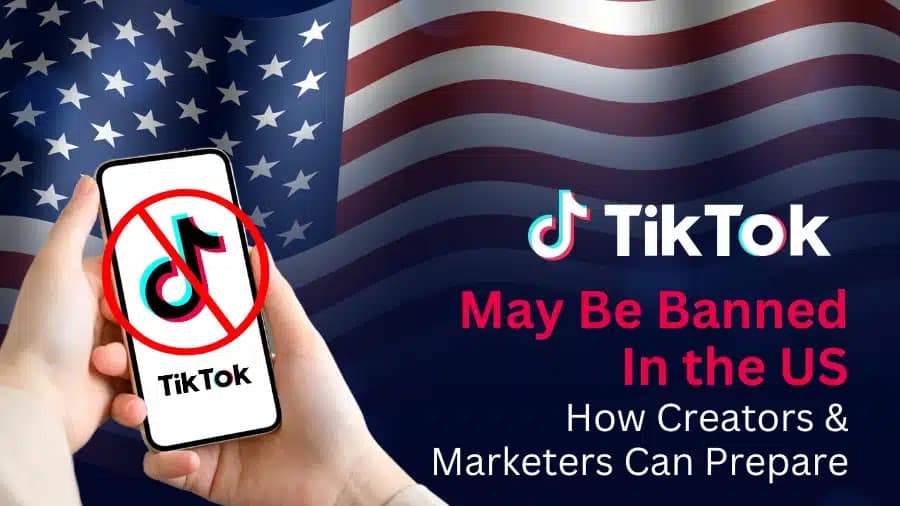In a historic and divisive decision, the Supreme Court has upheld the Protecting Americans from Foreign Adversary Controlled Applications Act, effectively greenlighting a TikTok ban that could take effect as early as Sunday. This decision marks a pivotal moment in U.S. history, where national security concerns have overpowered the arguments for free speech and digital expression. For millions of TikTok users and content creators in the U.S., this ruling spells the end of an era—but it also raises pressing questions about the precedent this sets for social media platforms and foreign-controlled applications in the future.
Fact: The Supreme Court’s Ruling
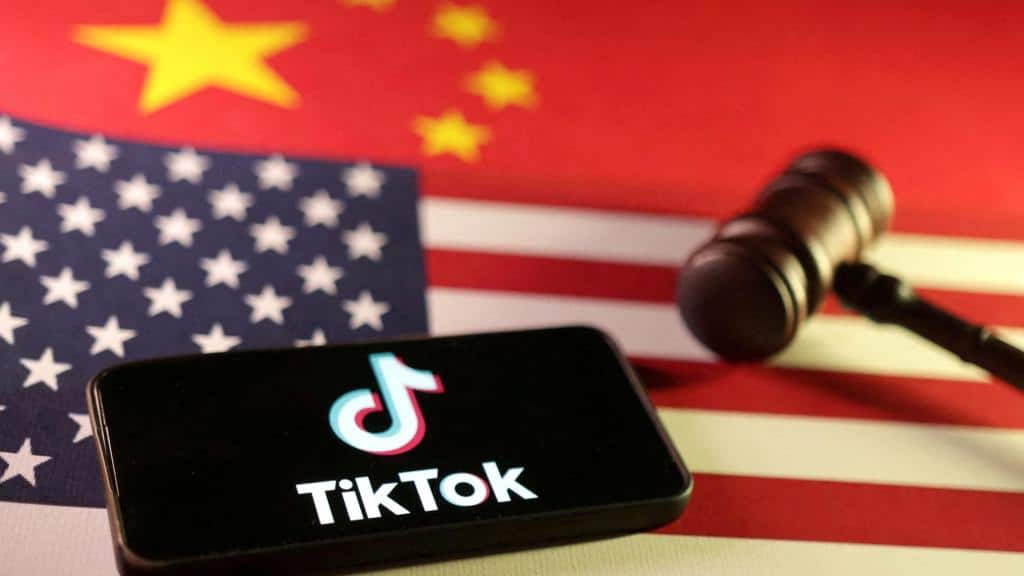
In a unanimous decision, the Court found that the Act and its provisions—which require TikTok’s parent company ByteDance to divest or face a ban—do not violate the First Amendment rights of the app’s users or creators. Justice Sonia Sotomayor and Justice Neil Gorsuch issued separate opinions concurring with the outcome but critiquing aspects of the Court’s reasoning. The ruling emphasized that Congress’s decision was rooted in well-supported national security concerns about ByteDance’s potential obligations to cooperate with the Chinese government, including providing access to U.S. user data.
The Court stated that the restrictions were “necessary to prevent China from gaining access to the personal data of U.S. users,” underscoring the balance Congress sought between safeguarding constitutional rights and addressing perceived threats from foreign adversaries.
Potential Scenarios and Trump’s Role
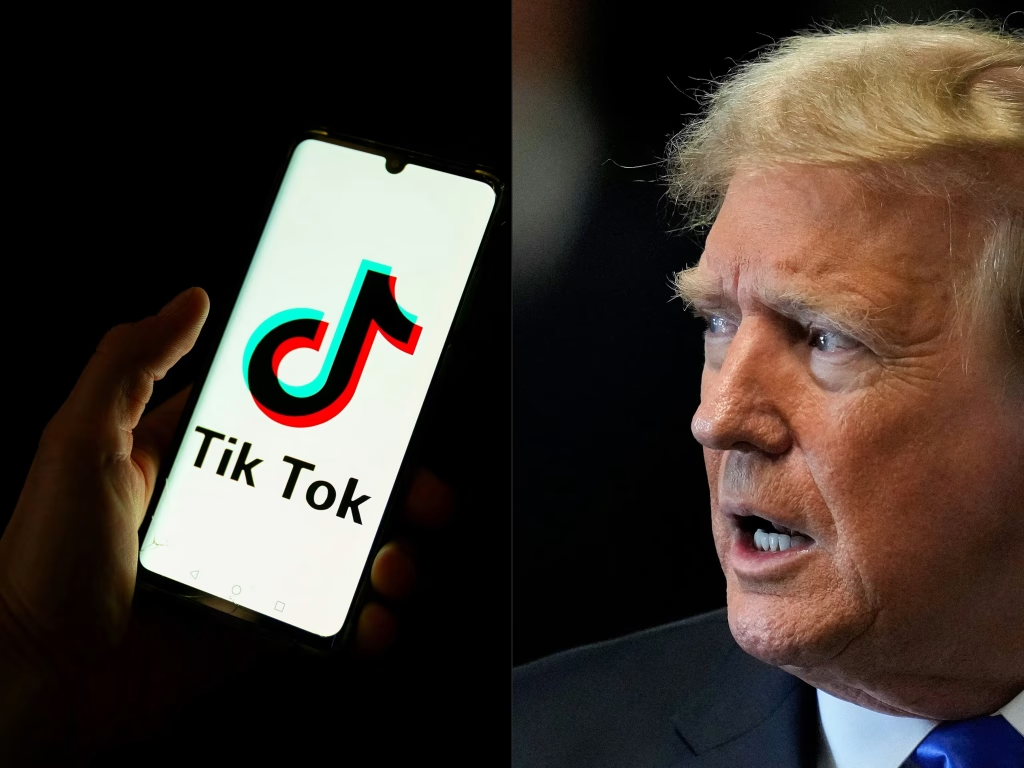
President-elect Donald Trump, set to be inaugurated on January 20, 2025, now finds himself at the center of this evolving drama. Having previously sought to ban TikTok during his first term, Trump’s stance has shifted dramatically. He has hinted at the possibility of saving TikTok, attributing his newfound support to its impact on youth voter turnout during his campaign. However, Trump’s motivations may also be tied to a hedge fund manager with significant investments in ByteDance.
Trump’s options include:
- Non-Enforcement: Upon taking office, Trump could direct his Department of Justice not to enforce the ban, leaving tech giants like Apple and Google in a precarious position. By continuing to host TikTok, they would technically violate federal law.
- Extension: Trump could invoke the Act’s provision to delay the ban for up to 90 days, contingent on progress toward a ByteDance divestiture. This would buy TikTok time to negotiate a resolution, but whether such progress is feasible is unclear.
- Negotiated Agreement: Trump could pursue a deal to address national security concerns while allowing TikTok to remain operational in the U.S., possibly by mandating stricter data controls or increased transparency.
Comparisons with Past Bans
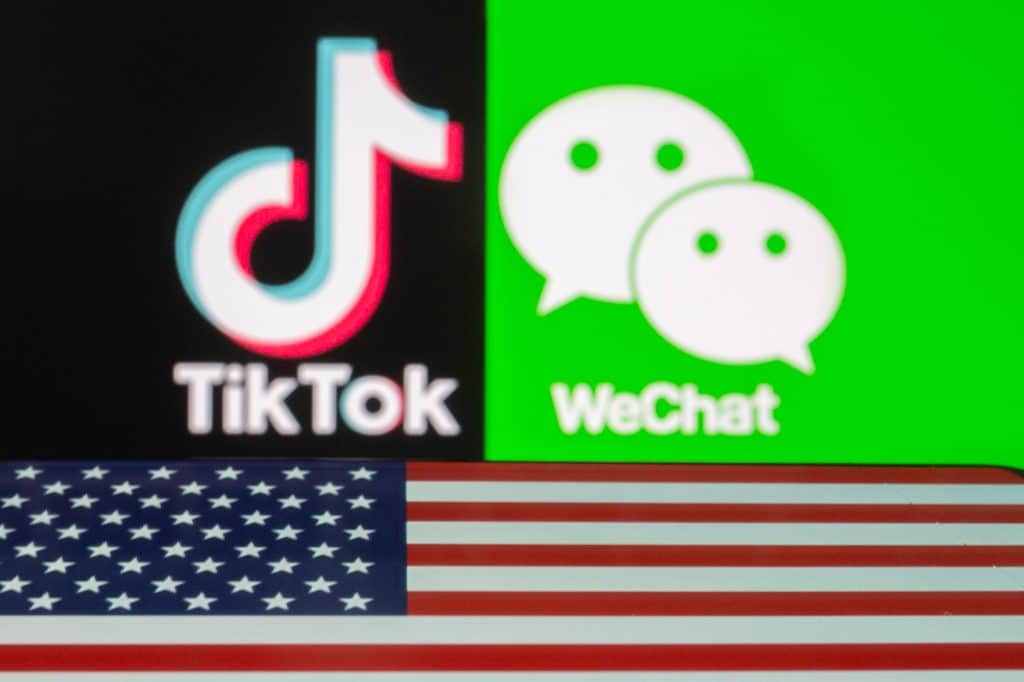
The TikTok saga is not the first time a foreign-owned technology has faced scrutiny in the U.S. In 2020, the Trump administration attempted to ban TikTok and WeChat through executive orders, but federal courts blocked those actions, citing overreach under the International Emergency Economic Powers Act (IEEPA). Unlike those efforts, the Protecting Americans from Foreign Adversary Controlled Applications Act provides a clear legislative framework, bolstering the government’s position in Court.
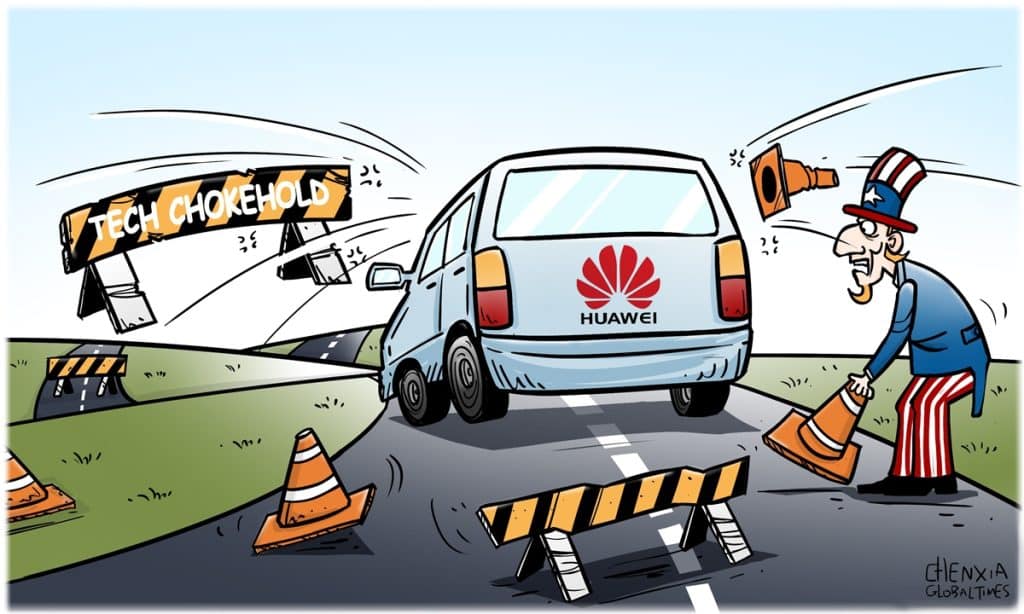
This case also draws parallels to Huawei’s blacklisting by the U.S. government in 2019. Both instances highlight growing concerns about technology companies’ ties to foreign governments, particularly China, and the potential risks to national security. However, TikTok’s popularity and cultural significance make this ban uniquely controversial.
Reactions from Key Stakeholders
The Supreme Court’s decision has sparked mixed reactions across the political and social spectrum:
- Proponents of the ban argue that it is necessary to protect national security and prevent potential misuse of Americans’ data by foreign adversaries.
- Opponents contend that the ban infringes on free speech and unfairly targets a platform that has become a cornerstone of modern digital culture, particularly among younger Americans.
TikTok users, meanwhile, have begun migrating to alternative platforms like RedNote while downloading their videos and data in preparation for the app’s shutdown. Some creators have taken to live streaming and other social media channels to express their frustration and uncertainty about their digital futures.
A Precarious Future
As the clock ticks down to January 19, the question remains: Will TikTok be permanently banned, or will last-minute political maneuvers change the app’s fate? Trump’s intentions—coupled with his willingness to defy norms—will undoubtedly play a pivotal role. Regardless of the outcome, the implications of this decision will resonate far beyond TikTok, shaping the future of digital platforms, free speech, and international relations in an era of increasing technological globalization.
All eyes are now on Washington, where political theater and legal battles will determine the fate of one of the world’s most influential social media platforms. One thing is clear: the story of TikTok is far from over.

